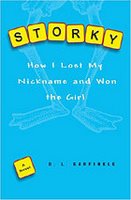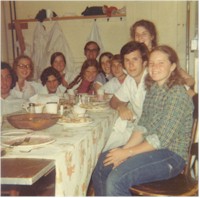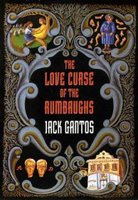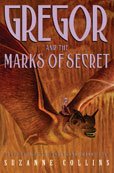
I finished Lost in Place, Growing Up Absurd in Suburbia by Mark Salzman a few days ago. You will remember that Lost in Place is the book I read years ago and forgot about until a high school in Connecticut removed it from its One Book One School program because "the language is filthy."
Okay, so let's address the filthy language issue because, quite honestly, that's what we're all interested in, right?
Lost in Place is very meticulously written. However, it is a memoir, and Salzman writes about the man who taught him kung fu when he was a teenager. The guy was...hmmm...not exactly your stereotypical martial arts master. I don't think most people think of them as shouting obscenities at their students. Or drinking before class. Or offering to find their teenage students prostitutes while they're off at some kind of martial arts meet.
If this is what the guy was like, then it is appropriate to show the kind of language he used. This book was written years after the fact, of course, and it seems unlikely that Salzman remembers every @## and candy%&& exactly as it was uttered. Still, I think it's unjust for this book to be labeled as containing filthy language on the basis of the characterization of a real person.
Now that that's been taken care of, the next question one might ask is whether or not this book was a good choice for a One Book One School program. Maybe, maybe not. Salzman was not your typical teenager by a long shot. At the age of thirteen he took up kung fu and became obsessed with Zen. He spent years studying this stuff. I don't know how many kids would be interested. I don't know if I was particularly interested the first time I read the book.
I'm sure you can find some teenagers who would be interested in reading about another teen's experience whether or not it had any connection to their own. On the other hand, some of the younger kids might not get Mark.
So, I just don't know.
I, however, have another of Salzman's books, Iron and Silk, waiting for me upstairs.








